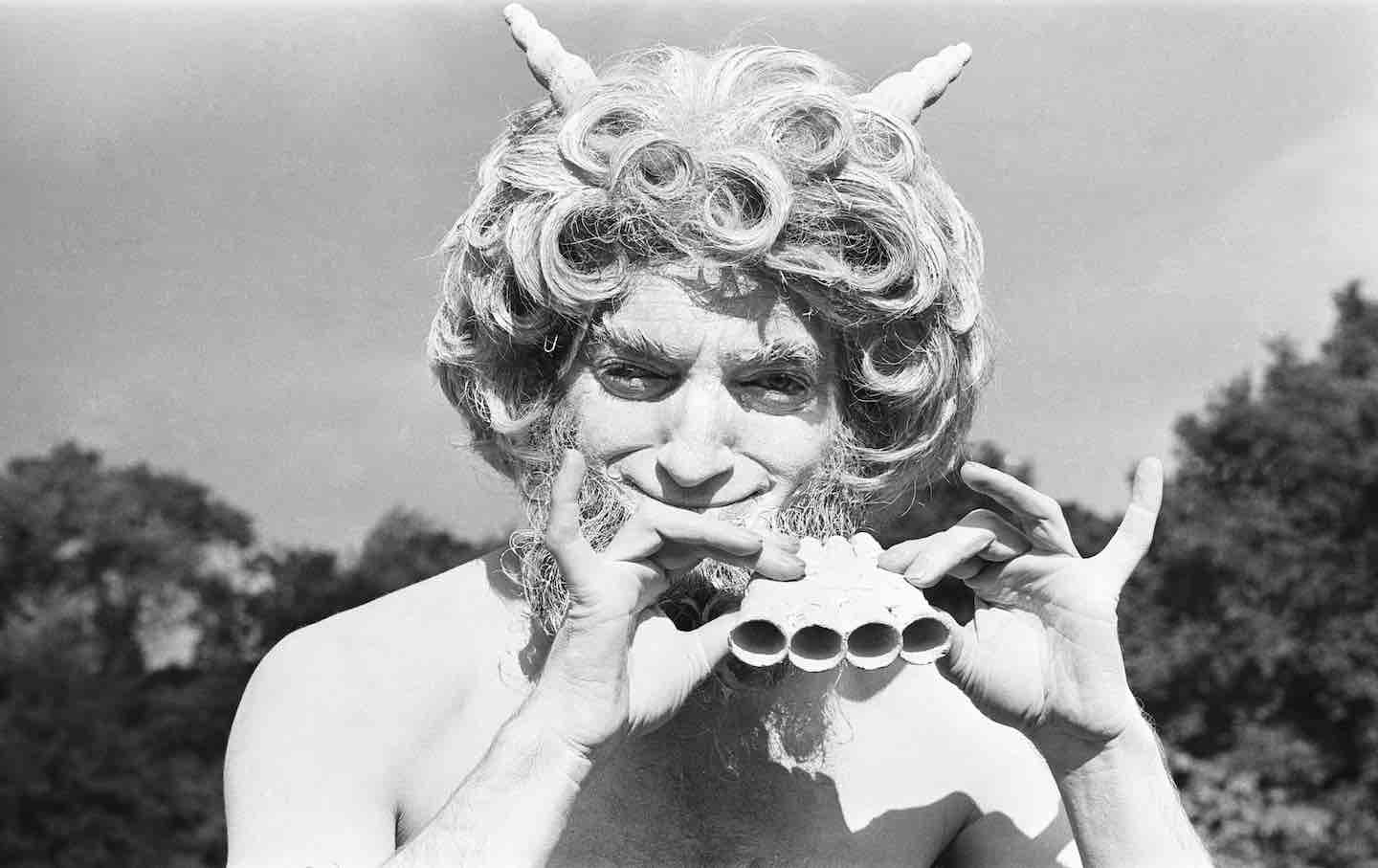
"Pan is a metaphysical horror story cloaked in the guise of a Künstlerroman, ultimately about the nature of subjectivity and the loneliness of living in one's own, unruly mind."
"The early-20th-century high modernists pioneered techniques designed to represent what consciousness feels like, while contemporary novels are criticized for catering to Hollywood."
Pan, Michael Clune's debut novel, portrays a teenage boy who believes that the Greek god Pan occupies his mind. This work embodies metaphysical horror merged with a Künstlerroman structure, focusing on the intricacies of consciousness. Clune aligns with early-20th-century high modernists who emphasized interiority and innovative narrative techniques. As a professor and author of both memoirs and scholarly texts, Clune's previous work, particularly White Out: The Secret Life of Heroin, gained recognition for its raw depiction of addiction, further influencing his literary voice and insights into the human psyche.
Read at The Nation
Unable to calculate read time
Collection
[
|
...
]